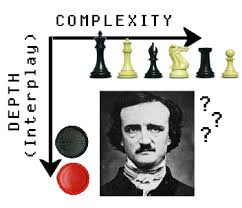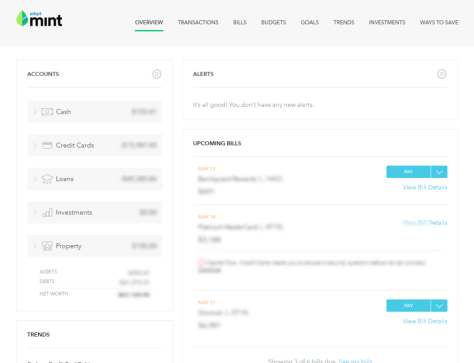
- If, as pragmatism holds, any belief that a mind relies on as true must correspond to some favorable practical outcome for the organism, then true beliefs would be useful when they enabled helpful anticipations of, or responses to, future experiences, that is, future interactions of the organism and its environment.
- It’s easy to see how this accounts for the usefulness of well-formed empirical generalizations of all kinds, both the rigorously inductive generalizations of science and the less systematic inferences of practical wisdom.
- But where would this leave knowledge of rule-based sytems that seem independent of experience, either because they are always the same everywhere (i.e., universal) or because they are thoroughly arbitrary and artificial (i.e., social constructs)?
- The answer is to be found in the conditions under which social practices can be shared and communicated.
- Consider first an arbitrary but naturally evolving system of rules : natural language.
- Language is a tool, the most versatile and plastic tool in the arsenal of the tool-making animal. Although entirely arbitrary, its usefulness depends on each user mastering its rules: vocabulary, grammar, and so on.
- Failure in mastery limits the tool’s usefulness, so the best exploiters of this tool master its rules, however voluminous or arbitrary they may be.
- Thus, all competent members of this language culture will internalize a set of rules governing their linguistic behavior, because doing so maximizes their effectiveness in the socila situations on which their thriving depends.
- So, this system of rules, though not a direct response to its interactions with its physical environment, is a very useful response to its social environment, a crucial element of its physical environment for a social animal.
- Consider next an arbitrary but deliberately designed system of rules, the kind we call a game: chess.
- Though chess exists by fiat, a deliberate design with an inventor, it works within the social environment very much as does a naturally evolved language. Wittgenstein coined the term language-game to stress at once the arbitrariness of the rules and their inseparability from social practices.
- So, once again, the internalization of these wholly artificial rules is enforced by the conditoins of success in the social practice called playing chess.
- Master the rules or go down to defeat!
- Consider last a non-arbitrary system of rules: arithmetic.
- Unlike the two previous examples, the rules of arithmetic are not arbitrary.
- One defines, as axiomatic to the arithmetical system, a unit, 1, the absence of a unit, 0, and the successor operation, n + 1, and all the rules of arithmetic unfold from there. This unfolding follows by definition, and therefore can be proven deductively.
- The truths of mathematics are independent of the needs of organisms altogether, but no one participating in social practices depending on arithemetic will thrive without internalizing those truths.
- No miscounting accountants will prosper, nor innumerate economists, nor data analysts who routinely produce mistaken calculations from the data.
- In conclusion, formal systems, whether universal or arbitrary, are enforced among rational and social animals by success and failure in those social practices that depend upon them. In one sense, they are useful habits learned through experienece by individuals, while, in another sense, they can arise both by fiat and as self-defined systems of rules with axiomatic foundations. The former are pure social constructs, the latter are not.

I graduated from Gables in 2014 and attended Perapateics over the course of a few summers. I also started FairOpportunityProject.org, the platform of resources that Jim shared in a previous post. Since many current high school and college students are following the blog, I just thought it would be cool to share two finance tools I was recently made aware of:
A Guide to Personal Finance: College Edition – a sort of A-Z for investing, credit cards, and saving. Here’s the sparknotes version as a teaser:
- The earlier you start thinking about personal finance, the easier everything will be.
- Start saving and investing money early and often.
- You don’t need a professional to help you invest.
- Open and contribute to a Roth IRA. The deadline for 2018 is April 17, 2019!
- Apply for a credit card to start building your credit and getting that sweet cashback.
- File your 2017 taxes by April 17, 2018. It’s free and you’ll likely get a tax refund ($$$).
Mint – an all-in-one platform to monitor all of your financial accounts, credit cards, and credit score. I’ve used it to manage my budget each month while at college.

Thinking German, Talking Irish, on Big Questions, with Banter



